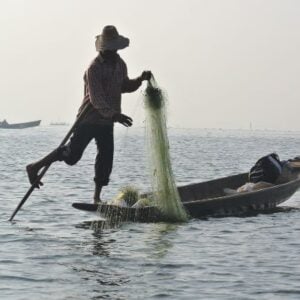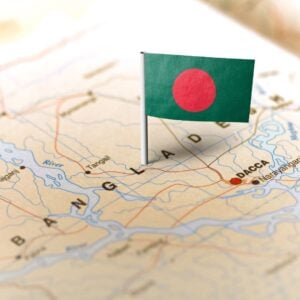The International Labour Organization (ILO) is collaborating with Thailand’s rubber sector to strengthen social protection for migrant workers and promote responsible business practices across the industry. A workshop held in Rayong on 25 September 2025 brought together over 100 participants from plantations, processing plants, manufacturing facilities, and related sectors nationwide to enhance understanding of labour rights and social protection mechanisms for migrant workers.
The event focused on addressing gaps in responsible business conduct, emphasizing fair and legal recruitment practices, social security, and labour protections. Participants exchanged practical strategies for fostering inclusion of migrant workers within their organizations and explored ways to integrate responsible business conduct across the rubber supply chain.
Xiaoyan Qian, ILO Country Director for Thailand, Cambodia, and Laos, highlighted the global significance of Thailand’s rubber sector, stressing that ensuring legal employment, fair working conditions, and safe workplaces benefits both migrant workers and the overall resilience and reputation of the industry. Ekasit Kunanantakul, President of ECOT, added that extending social protection to migrant workers strengthens business competitiveness and encourages large companies to cascade responsible practices throughout their supply chains.
Amnuay Ngamnetr, Chief of Rayong Provincial Office of Labour Protection and Welfare, emphasized the local impact of these initiatives, noting that improving working conditions, skills, and protections for migrant workers supports decent work while benefiting both provincial and national economies. Thailand’s rubber industry is the world’s largest producer and exporter, generating roughly 4.7 million tonnes in 2022–23, with migrant workers from Myanmar playing a vital role in labor-intensive tasks throughout the supply chain.
The workshop, titled “Responsible Business Conduct in the Rubber Sector for Migrant Workers in the (Lower) Supply Chain,” was co-organized by the Rayong Provincial Office of Labour Protection and Welfare, the Employers’ Confederation of Thailand (ECOT), and the ILO through its RISC-Migrant project, with support from the Government of Japan, aiming to create a more inclusive, fair, and sustainable rubber industry in Thailand.







